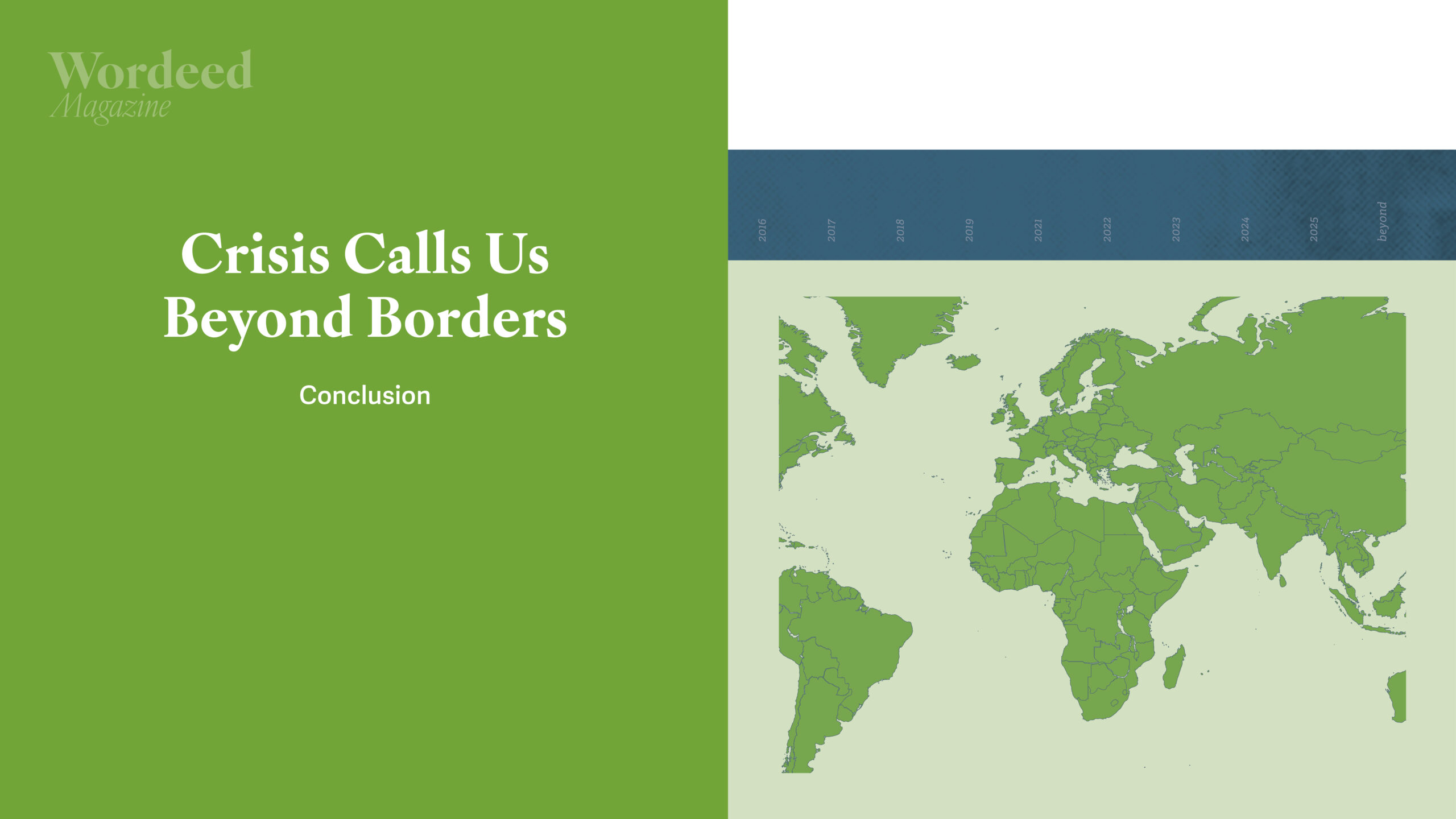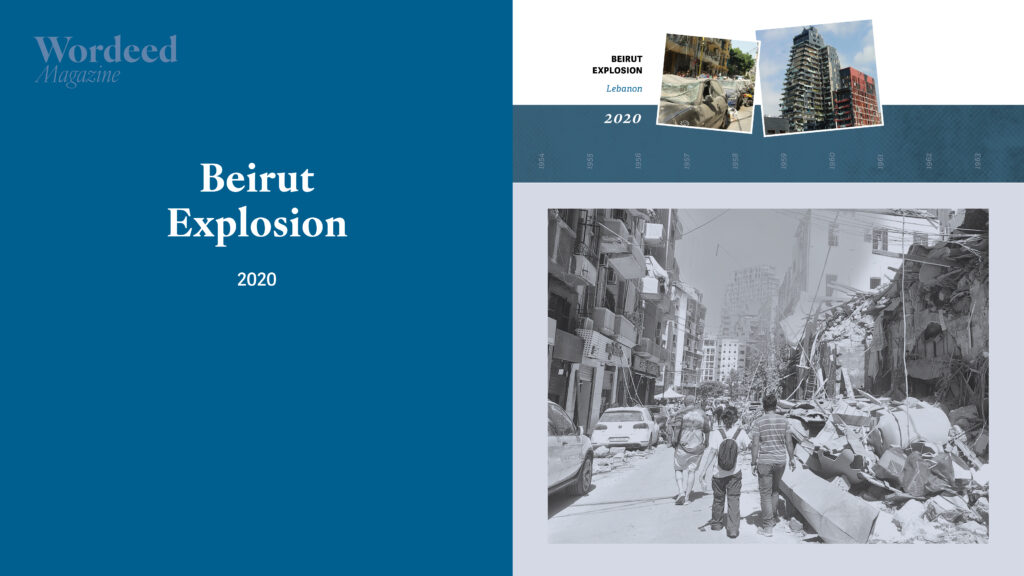It’s easy to feel overwhelmed by crisis. Many of us limit, or avoid altogether, our news consumption as it can feel like the weight of the world is pressing in on us with every additional story of desperate need. Some days it can feel endless and so often we can ask ourselves, “what could I possibly do to help?” Add to that the increasing narrative to “take care of our own first” and it can lead to feeling like we should simply worry about what’s immediately around us.
But Jesus invites us into a bigger story.
From the very beginning, God’s people have responded to crisis by showing up for others—not just those geographically closest to us, but those beyond our borders, too. When famine struck ancient lands, God gave wisdom to save whole regions. When communities were displaced, he called people to build gardens, not walls. When Jesus came, he didn’t stick to one place or one group of people—he healed, fed, and welcomed people from everywhere.
It’s not about rebuilding homes, but rebuilding hope. People who have never seen Christians work together across traditions or borders suddenly saw what the Church could, and should, be.
This legacy didn’t stop at the cross. It grew into a global movement of believers caring for one another across every kind of line the world draws. And it’s still happening today.
But now the rhetoric that “our” country comes first—no matter what—is on the rise. This way of thinking tells us to tighten the circle. To focus only on our problems. To ignore the suffering of others far away. But that’s not what Jesus did. That’s not who he called us to be.
As CBM responded globally throughout decades on behalf of Canadian Baptists, it’s never simply been about sending aid. It’s been about a belief that the gospel can transform lives.
We stand with people and embrace the brokenness of the world through our words and actions, as a demonstration of God’s love.
Paul dreamed of this kind of unity too. In his time, he gathered support from believers all over the Roman world to help struggling Christians in Jerusalem. Not because it was politically convenient, but because that’s what love does.
So, I ask the question: What kind of Church do we want to be?
One that draws tighter circles? Or one that breaks down barriers?
In every crisis, we have a choice.
To shrink into fear—or to step out in faith.
To protect what’s “ours”—or to live like everything we have is God’s.
I pray we are a Church that chooses love every time.



